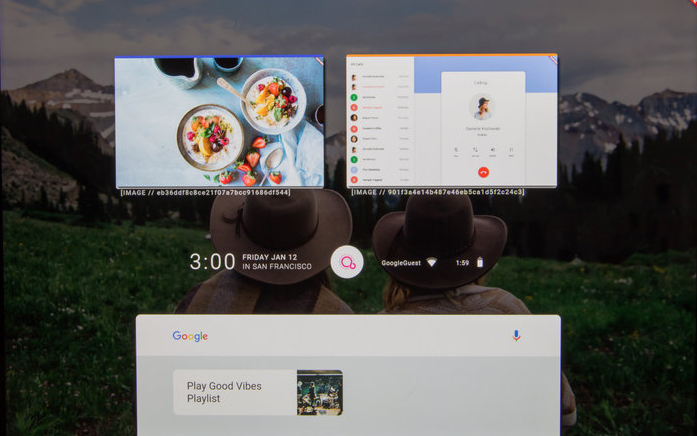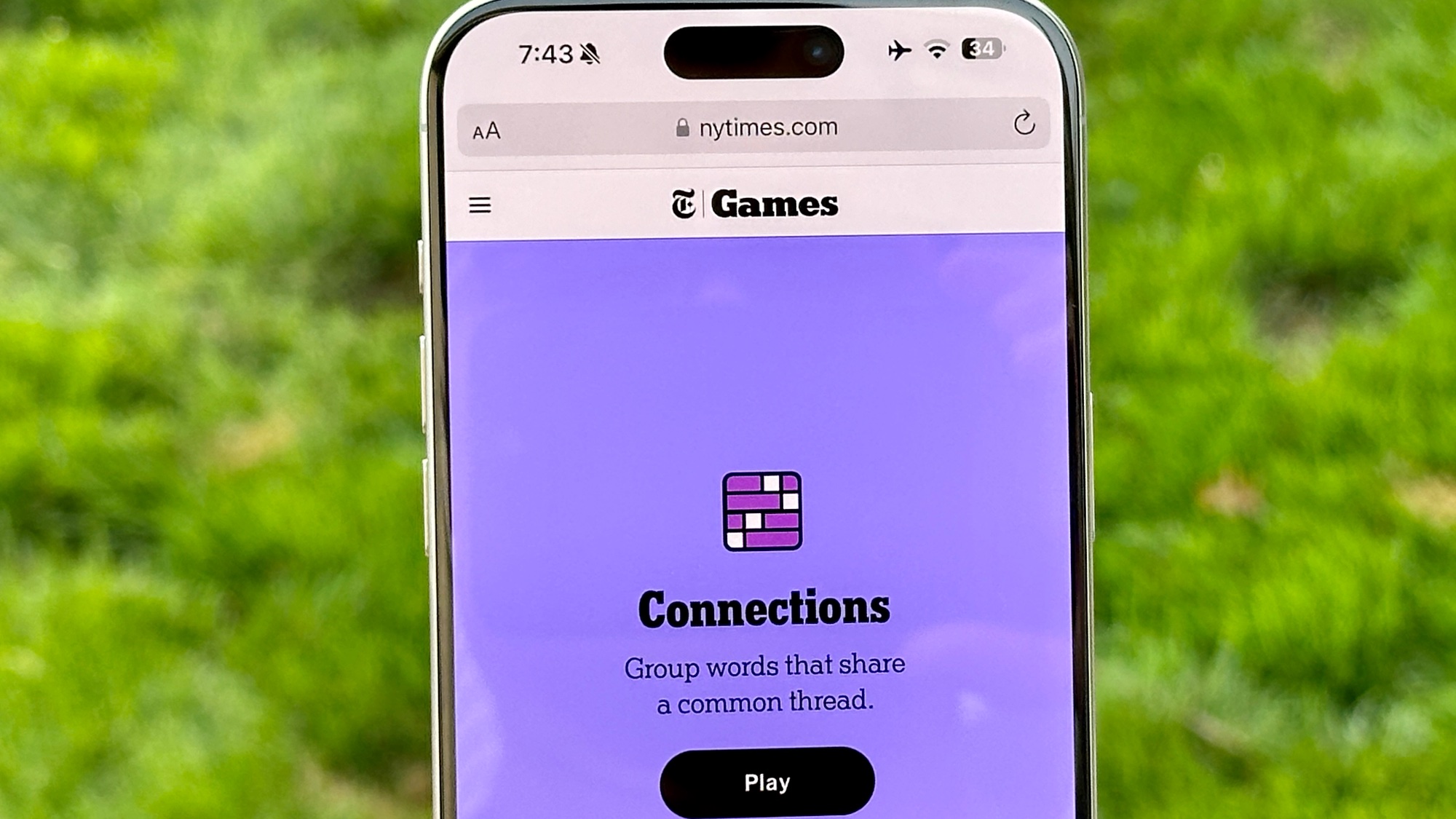Bye-Bye, Android? Google Could Turn to Fuchsia (Report)
A new report suggests Google may only be a few years away from shifting away from Android in favor of the new Fuchsia OS on phones, smart home devices, computers and more.
In five years time, your future Pixel smartphone could be running the successor to Android.

That’s according to an intriguing report from Bloomberg on Fuchsia OS, the software Google is grooming to supplant Android, which serves as the backbone of the majority of the world’s smartphones. According to the story, the team behind the project ultimately intends to expand Fuchsia’s reach to all types of connected devices, from handsets to smart home products, computers and beyond.
The roadmap for Fuchsia’s rollout hasn’t been set in stone, and individuals familiar with the plans cited by Bloomberg say neither Google CEO Sundar Pichai nor Android chief Hiroshi Lockheimer have formally approved any plan for Fuchsia. Nevertheless, those privy to the strategy believe Fuchsia could debut on smart speakers within the next three years, before potentially expanding to smartphones by 2023.
The impetus behind Fuchsia is Google's desire to construct an operating system rooted in artificial intelligence, voice control, security and uniformity — four pillars that Android’s architects didn’t necessarily make provisions for when the mobile OS was first created. But all four have become increasingly relevant over the last decade.
Security in particular looks to be a primary consideration with Fuchsia. Bloomberg notes that key security personnel have left Android to focus on Fuchsia, and Google is reportedly eyeing a greater frequency of security patches with quicker adoption from users and universal support on all devices running the operating system. That’d be a far cry from the fragmentation that has dogged Android throughout its history.
MORE: How the Pixel 3 Can Finally Beat Samsung and Apple
Given Google’s ambition to bring Fuchsia to as many different screens as possible, the software is also being designed for maximum compatibility with displays of all shapes and sizes. The iteration of Fuchsia compiled to run on a Linux PC by Ars Technica back in January definitely evoked shades of Android and Chrome OS simultaneously.
Sign up to get the BEST of Tom's Guide direct to your inbox.
Get instant access to breaking news, the hottest reviews, great deals and helpful tips.
Ultimately, as exciting as this news may be, it’s important to remember that everything we know (or think we know) about Fuchsia is subject to change. Migrating a world dependent on Android to an entirely new digital language and experience is an arduous task even for a company with as many resources as Google. Plans will change, timelines will be pushed back and some ideas will be sacrificed. But if Fuchsia can even deliver on some of its promises, it’s going to herald a new age for Google as well as our connected lives.
Adam Ismail is a staff writer at Jalopnik and previously worked on Tom's Guide covering smartphones, car tech and gaming. His love for all things mobile began with the original Motorola Droid; since then he’s owned a variety of Android and iOS-powered handsets, refusing to stay loyal to one platform. His work has also appeared on Digital Trends and GTPlanet. When he’s not fiddling with the latest devices, he’s at an indie pop show, recording a podcast or playing Sega Dreamcast.
